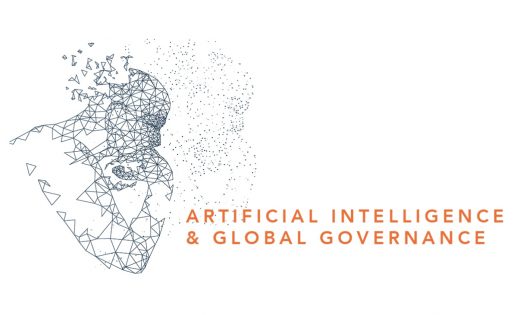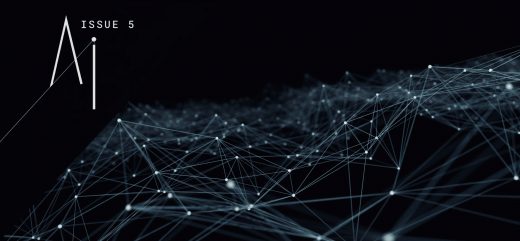Iron Mountain interviews Cansu Canca
‘During a recent Iron Mountain Executive Exchange event, Cansu Canca, Founder + Director of AI Ethics Lab spoke about the topic of responsible AI and ethics by design. Dr. Canca shared her perspective on how organizations should be building ethics into their AI systems. There was so much to discuss that she later sat down with Iron Mountain to carry on the conversation.’














